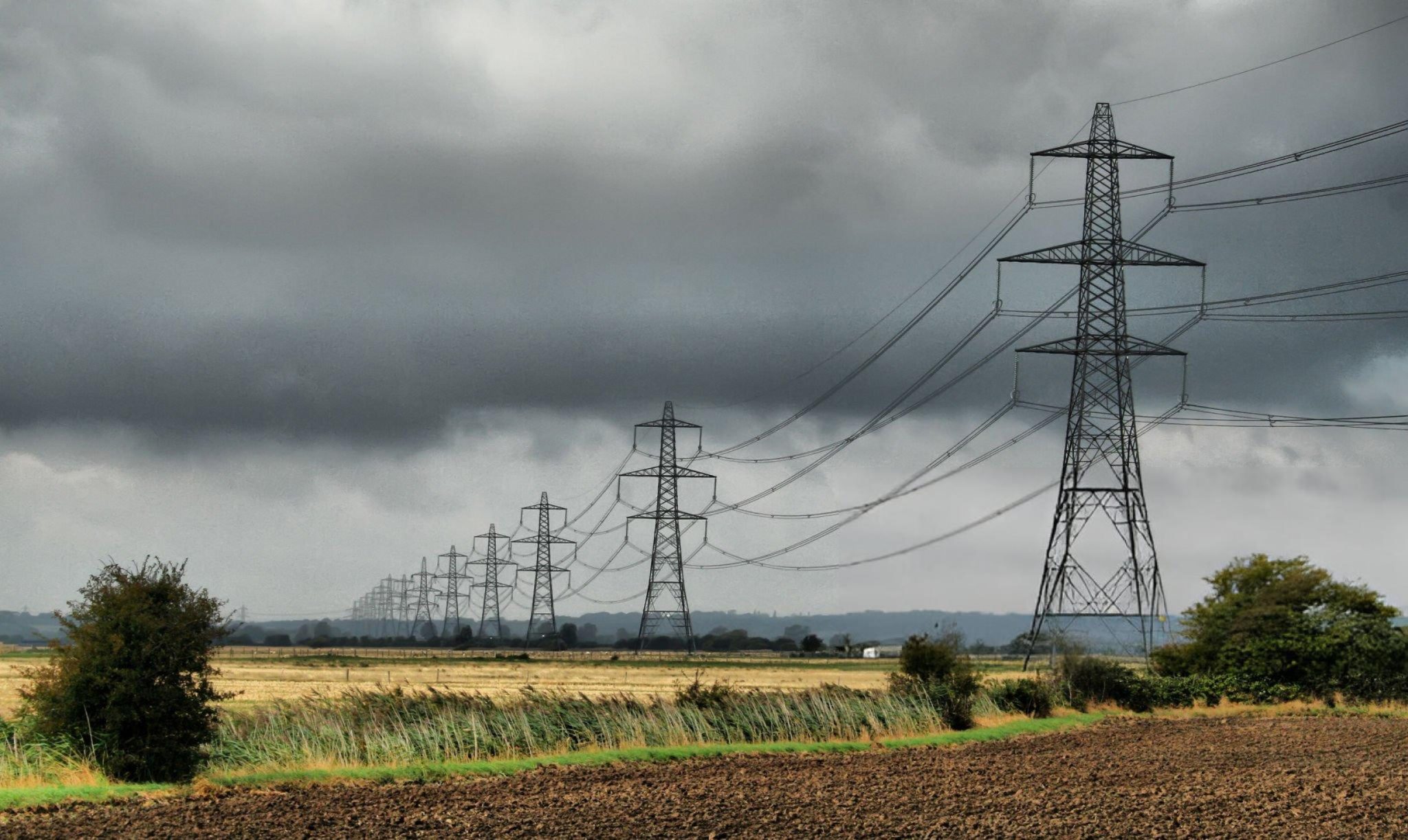Britain’s accelerating adoption of wind and solar energy has significantly reduced the country’s dependence on imported gas, making the UK’s electricity supply “more British”, according to new analysis by the Energy and Climate Intelligence Unit (ECIU).
The study reveals that in 2023, just under half of Britain’s electricity came from imported energy sources, a marked improvement from a decade ago when foreign imports accounted for around 65% of the national electricity supply. The reduction is largely credited to the steady growth of homegrown renewable energy — particularly wind and solar — over the past ten years.
This shift comes amid renewed national concern over energy security, triggered by the sharp rise in energy bills during 2022 and 2023. That crisis, largely caused by soaring global gas prices following Russia’s invasion of Ukraine, exposed the UK’s vulnerability due to its reliance on volatile international energy markets.
Energy experts have consistently warned that if the UK had been less reliant on imported fossil fuels, the impact on household and business energy bills would have been far less severe.
The findings have emerged as the UK prepares to host a major energy security summit in London later this week, jointly organised by the British Government and the International Energy Agency. The summit will bring together global energy leaders to discuss strategies for securing affordable and reliable power supplies.
Labour has placed clean energy at the heart of its policy agenda, pledging to deliver a near-fully decarbonised power grid by 2030. The party’s Clean Power Action Plan aims to dramatically increase domestic wind and solar generation, not only to combat climate change but also to shield families and businesses from the kind of energy shocks seen in recent years.
Simon Cran-McGreehin, head of analysis at the ECIU, said: “UK electricity is becoming more British and this is the net zero emissions target in action — decreasing our demand for foreign gas by boosting homegrown renewables.
“Gas output from the North Sea has been falling for decades, but British renewables like offshore wind are stepping in to generate more electricity here at home. The regulator’s own figures show that any new North Sea drilling will make only a minor difference to supply. Renewables are the key to ensuring long-term energy security.”
He added: “Just like households, UK industry has suffered from the ongoing gas price crisis which started in 2021. But expanding renewables will help to stabilise bills and protect us from energy market turbulence.”
Currently, gas still accounts for around 30% of the UK’s electricity generation. However, analysts suggest that figure will continue to fall as more wind farms and solar parks come online.
The International Monetary Fund recently described the UK as the “worst hit” country in Western Europe during the energy crisis, due to its heavy dependence on gas for both heating and electricity generation.
Energy Secretary Ed Miliband welcomed the ECIU’s findings, calling them a “compelling case” for clean power. He said: “Clean homegrown power is the only route to true energy security, and this analysis demonstrates exactly why the government is sprinting towards a clean power system by 2030.
“Every wind turbine and solar panel we install reduces our dependence on foreign dictators, helping to safeguard family budgets and national finances alike.
“Our Clean Power Action Plan provides a solid foundation to build an energy system that brings down bills, creates jobs, and protects the environment — for good.”
The energy security summit will be held in London on Thursday and Friday, with leaders expected to outline further commitments to accelerate the global clean energy transition.







